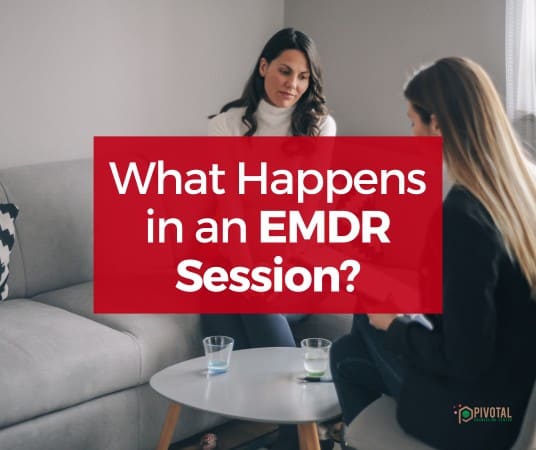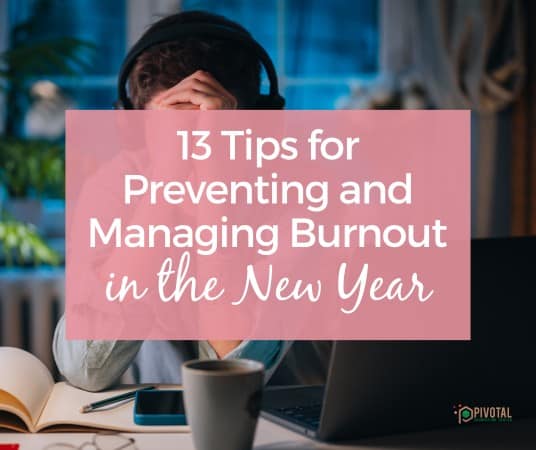
It can be really confusing to decide where to start your treatment journey. I HIGHLY recommend getting a chemical dependency assessment done by a professional before making any decisions on what you should do next. If you are desperate, you may want to go to your local emergency department to ask for help and they can give you referrals to appropriate places in your community to receive treatment. Let me start with some basics, so we are all on the same page. I am going to start with the highest level of care and work my way down.
Detox
Detox is often done in a hospital setting or a special part of a residential facility. Detox refers to the period of time right after you quit using alcohol and/or drugs. Depending on what you have been taking, you will need support to safely go off of alcohol or your drug of choice. This is a very important step because going “cold turkey” can actually be life-threatening depending on the specific substance you have been using, the level of tolerance you have, and whether or not you have a medical condition that could complicate the detox process. This process lasts anywhere from 3-14 days usually. Not everyone has to go through a formal detox program.
Residential
You may associate this word with a “28-day program.” While a few weeks to a month is a typical duration, there are long-term programs which last 3, 6, 12 and 24 months. Residential is a facility where you will live for a period of time and receive intensive care. Some of these facilities have a detox area attached to the program. At a residential facility you will be surrounded by other people in similar situations. You will have a doctor, therapist, and attend groups throughout the day. They will monitor your health and give you tools and resources to help you understand addiction and what may have led you down that path. They usually offer family education and family counseling. Most important, they take you out of your environment long enough to have a chance at staying sober. Everyday that you are sober increases your chances of achieving long-term sobriety.
PHP/IOP
Partial Hospital Program (PHP) or Intensive Outpatient Program (IOP) are programs in which you will attend daily, Monday to Friday, for anywhere from 3-6 hours of care. Occassionaly, they only operate 3 days a week. These programs are a good next step for people coming out of residential treatment. They also work for people who do not quite need to be in a residential facility, but are in need of more help than just seeing a therapist weekly or attending a support group. These programs vary in their length from 2 weeks to multiple months, depending on the agency providing the service. They typically include a doctor, therapist or case manager, and group therapy.
Outpatient Therapy
This is when you see a therapist in the community. Typically, these are 50 minute sessions with just you and the therapist. It can be anywhere from 2 times per week to monthly depending on how you are coping. It is important to find a therapist that specializes in addiction, because not all do. In Illinois, there is a credential called a CADC (Certified Alcohol and Drug Counselor). When looking for a therapist, make sure they have this credential or something like it. Each state has a different name for their credential.
Community Support
This generally means that you are receiving all of your care through support groups. A good example of this would be AA (Alcoholics Anonymous) or NA (Narcotics Anonymous). These are 12-Step programs that are highly effective and free. Research supports that ACTIVE involvement in a 12-Step group helps people remain sober and achieve full recovery. Your community may have options other than a 12-Step group so find a professional in your community who can give you a list of options.
What should I do now?
The best thing to do is look for a professional and make an appointment to have a full evaluation. This will be a 1-2 hour appointment where they can fully examine your history and current situation, which will result in the most accurate recommendation for the level of care you need. If your situation is desperate, seek out your primary care doctor or go to your local ER.
It can be scary to share everything, but make sure you are not downplaying your use. We need to know what you have been using, how much, and how frequently. This will help us recommend treatment that will be effective and safe. It’s a brave thing to reach out for help, and I commend you for taking that step.
We are a group practice offering counseling in Woodstock, IL and Lake in the Hills, IL. We have therapists who specialize in addiction and can help navigate the complications of sleep when dealing with an active addiction or when in addiction recovery. There is always a way. Let us help you find the way that works for you!
Pivotal Counseling Center is now accepting Medicaid including Blue Cross Community Medicaid, Meridian Medicaid, and Molina Medicaid for outpatient counseling.









